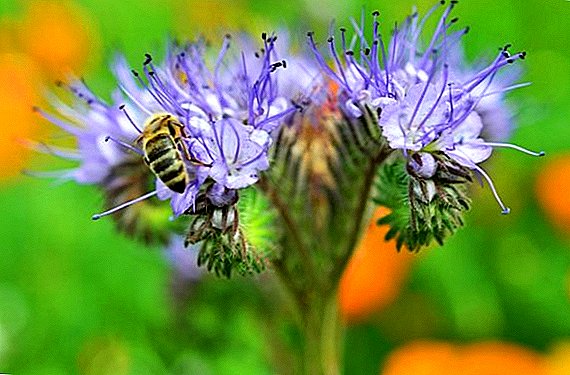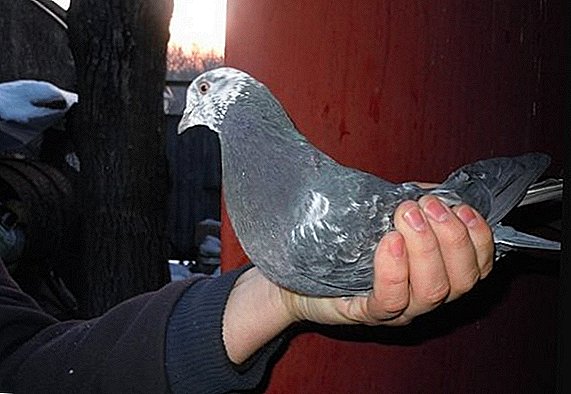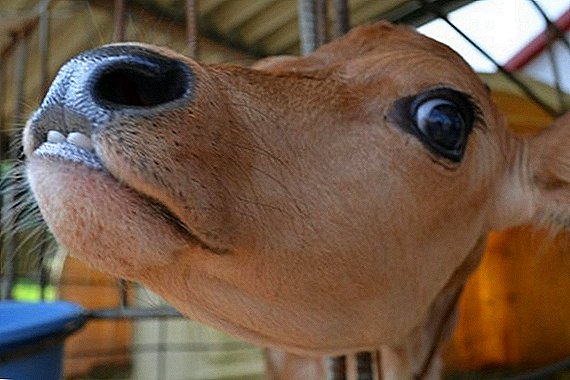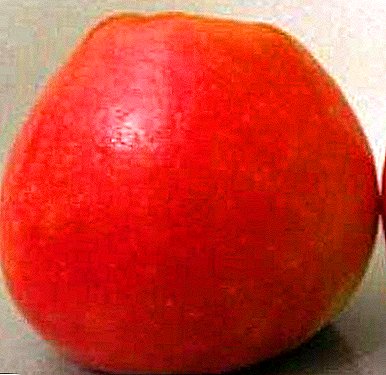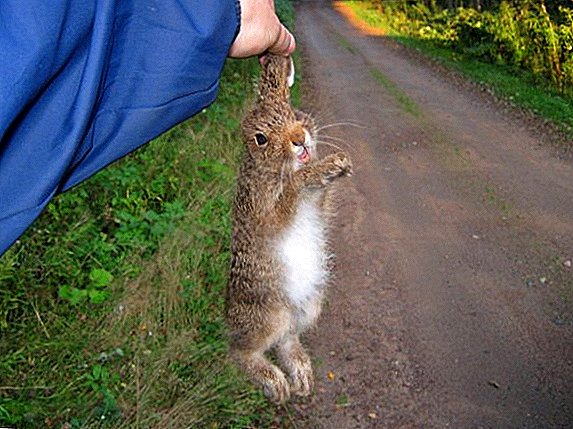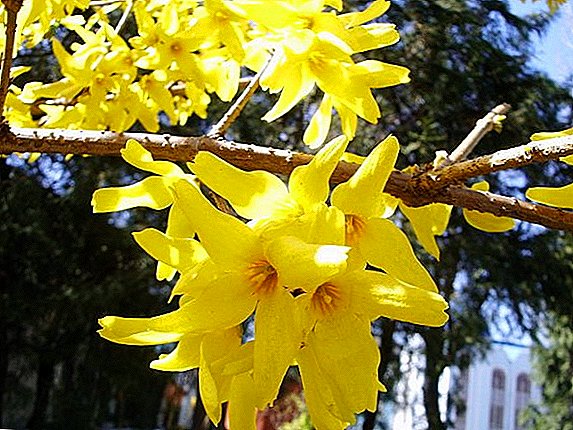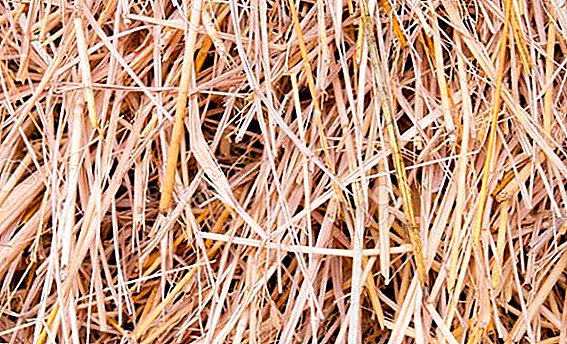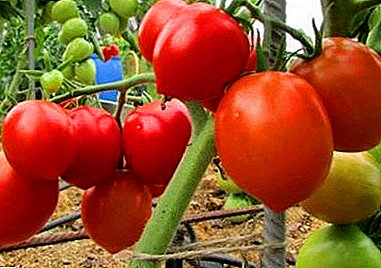 Bronze wide-breasted turkeys are the largest representatives of turkeys. This is their main difference from the tribesmen. The breed was bred in America for industrial breeding. She quickly gained popularity because she has a number of undeniable advantages, thanks to which the profitability of their breeding is very high. What kind of advantages and why the breed has become so widespread, we will tell in this article.
Bronze wide-breasted turkeys are the largest representatives of turkeys. This is their main difference from the tribesmen. The breed was bred in America for industrial breeding. She quickly gained popularity because she has a number of undeniable advantages, thanks to which the profitability of their breeding is very high. What kind of advantages and why the breed has become so widespread, we will tell in this article.
Short description
 Bronze wide-breasted turkeys are a popular poultry that first appeared in America thanks to the successful work of experienced breeders. They sought to create a fleshy breed, the cultivation of which would be most beneficial for industrial production.
Bronze wide-breasted turkeys are a popular poultry that first appeared in America thanks to the successful work of experienced breeders. They sought to create a fleshy breed, the cultivation of which would be most beneficial for industrial production.
Breeders successfully coped with the task and now this breed is deservedly recognized as the best for industrial breeding. What are its undeniable advantages, are there any drawbacks and what are the principles of breeding such birds? All this we will examine in detail in this article.
Breed description
 Bronze wide-breasted turkeys are the largest turkeys in the world, they are not lighter than 9 kg, the average weight of juveniles is 11 kg, and the maximum weight of such birds is 18 kg. Farmers state that if you spend a lot of feed and follow the basic rules of their reproduction, you can feed the animals that will weigh at least 30 kg. This breed is called "American" because it appeared in America.
Bronze wide-breasted turkeys are the largest turkeys in the world, they are not lighter than 9 kg, the average weight of juveniles is 11 kg, and the maximum weight of such birds is 18 kg. Farmers state that if you spend a lot of feed and follow the basic rules of their reproduction, you can feed the animals that will weigh at least 30 kg. This breed is called "American" because it appeared in America.
Breeders recommend breed as breeding for crossing with other species, in order to improve the breed characteristics and create new species for industrial and home breeding.
Appearance
 These are beautiful graceful birds, they have an oval body, wide, strong and slightly sloping chest, powerful, wide-spaced legs. The birds have a magnificent plumage of black-brown color, it casts purple, bronze and gray shades. The males have a fan-shaped luxurious tail. Turkeys walk slowly and stately, they serve as a real decoration of any monastery.
These are beautiful graceful birds, they have an oval body, wide, strong and slightly sloping chest, powerful, wide-spaced legs. The birds have a magnificent plumage of black-brown color, it casts purple, bronze and gray shades. The males have a fan-shaped luxurious tail. Turkeys walk slowly and stately, they serve as a real decoration of any monastery.
Virtues
 Birds have a lot of advantages that allow them to stand out against the background of their fellow tribesmen, the main of them include:
Birds have a lot of advantages that allow them to stand out against the background of their fellow tribesmen, the main of them include:
unsurpassed egg production;
Turkey brings up to 120 eggs per season. Of these, 80% are fertilized, and from 70-75% of fertilized eggs hatch poults.
best maternal qualities;
Mothers are caring and very attentive, they patiently and reverently hatch both their own, and chicken, and duck eggs.
early maturity;
The best slaughter characteristics for twenty-week turkeys, at this time the males weigh about 8 kg, and females about 14 kg.
high profitability of production.
Poults are slaughtered exactly 20 weeks after birth, because in the future too much feed is consumed per 1 kg of weight and it is not economically profitable to keep such birds. The maximum profit can be obtained precisely in the twenty-week period from the moment of birth of the chick (1 kg of live weight is at least 1.5 kg of feed, and the maximum feed costs during this period do not exceed 2 kg!)
disadvantages
The main breed disadvantage is considered to be intolerant of grazing conditions, this breed is ideal exclusively for industrial breeding. It can only be kept in cages or sheds.
 For breeding hatching eggs, strong and healthy turkeys are selected. The first selection is made among four-month-olds, when it is already visually possible to evaluate their usefulness and fleshyness, according to their behavior, constitution and weight (turkeys should be at least 4 kg, and turkeys should have at least 5 kg.) two months with six month old birds.
For breeding hatching eggs, strong and healthy turkeys are selected. The first selection is made among four-month-olds, when it is already visually possible to evaluate their usefulness and fleshyness, according to their behavior, constitution and weight (turkeys should be at least 4 kg, and turkeys should have at least 5 kg.) two months with six month old birds.
Productivity
 Birds of this breed are bred for dietary and extremely tasty meat. The best slaughter characteristics in twenty-week birds. Standard carcass contains about 51% of muscle tissue (not less than 40%), the maximum amount of subcutaneous fat can reach 16% (not less than 10%), and internal fat - up to 9%.
Birds of this breed are bred for dietary and extremely tasty meat. The best slaughter characteristics in twenty-week birds. Standard carcass contains about 51% of muscle tissue (not less than 40%), the maximum amount of subcutaneous fat can reach 16% (not less than 10%), and internal fat - up to 9%.
Muscle tissue is mostly white meat of the chest, back, legs and wings, and only a small part of it is red cervical meat. The dietary quality of turkey meat is widely known, it is useful for people of any age, so the demand for it is constantly growing.
Due to the high energy of growth, the chicks are able to recover very quickly, so all the costs of feed promptly and more than pay off. According to averaged calculations for 1 kg of meat there is at least three kilograms of feed. The maximum feed costs for this weight do not exceed 4 kg. At the same time, the meat yield at slaughter often exceeds 80%.
Features of care (short)
The room for keeping turkeys should be spacious, it is necessary to maintain a constant temperature and humidity, and also ensure that no drafts occur. On the head of one individual must have at least one square meter.
The room should be dry and clean, put straw on the floor (birds can not be seated on the cold floor). The room should be lit and equipped with modern ventilation system. A bird house is equipped with feeders and drinkers in such a way that all birds can be eaten from one tank at a time.
In warm zones, perches are suitable for recreation. They are located at a height of 40 cm or 50 cm from the floor, the length can be arbitrary on the basis that about 40 cm should be moved to a single individual. Under them are arranged litter pans, which could be easily moved in and out. Remember that the eight-degree frost is critical for these birds, so you can not take walks in cold weather.
In order for the birds not to suffer from avitaminosis, their diet is supplemented with nettle, tree brooms, sauerkraut, and green hay.
In the spring, the room is carefully cleaned, washed and disinfected (it is better to use caustic soda and hot water). A new litter is poured in, bouquets of fragrant herbs are hung everywhere to scare away blood-sucking insects and animals.
In summer, walking in the yard on dry soil is organized. The territory of walking can be planted with grass, fence, make a canopy and protect from drafts. There you need to put troughs and drinkers. The best places for walking are in the shade of large trees and shrubs.


